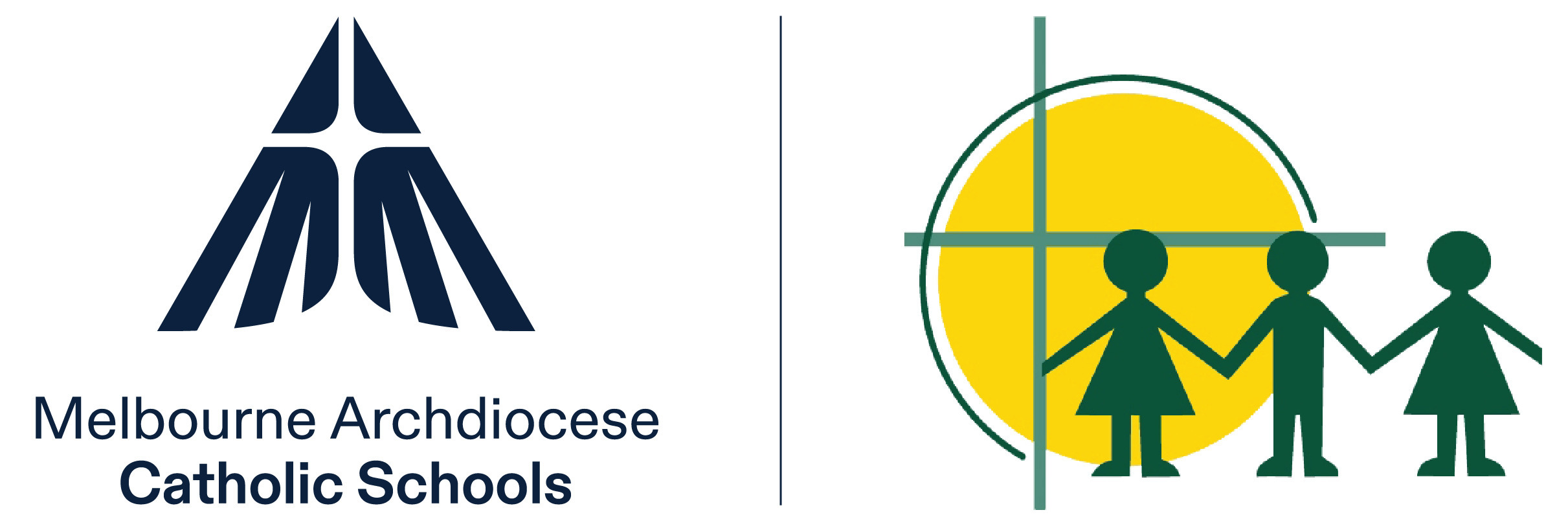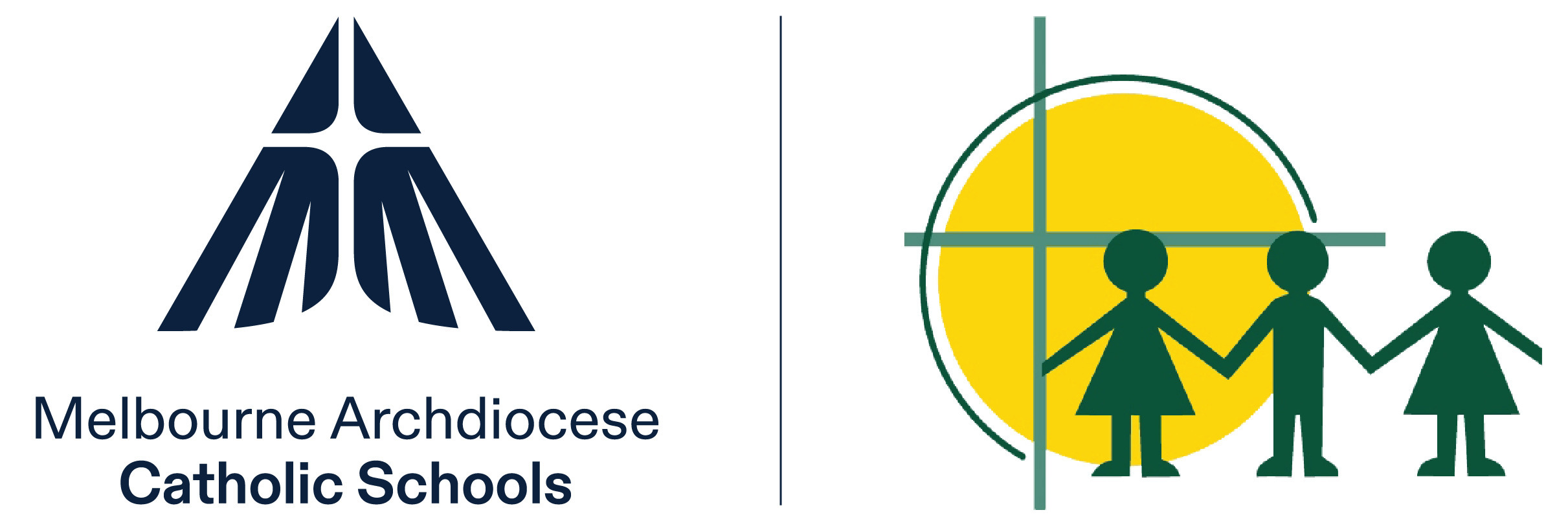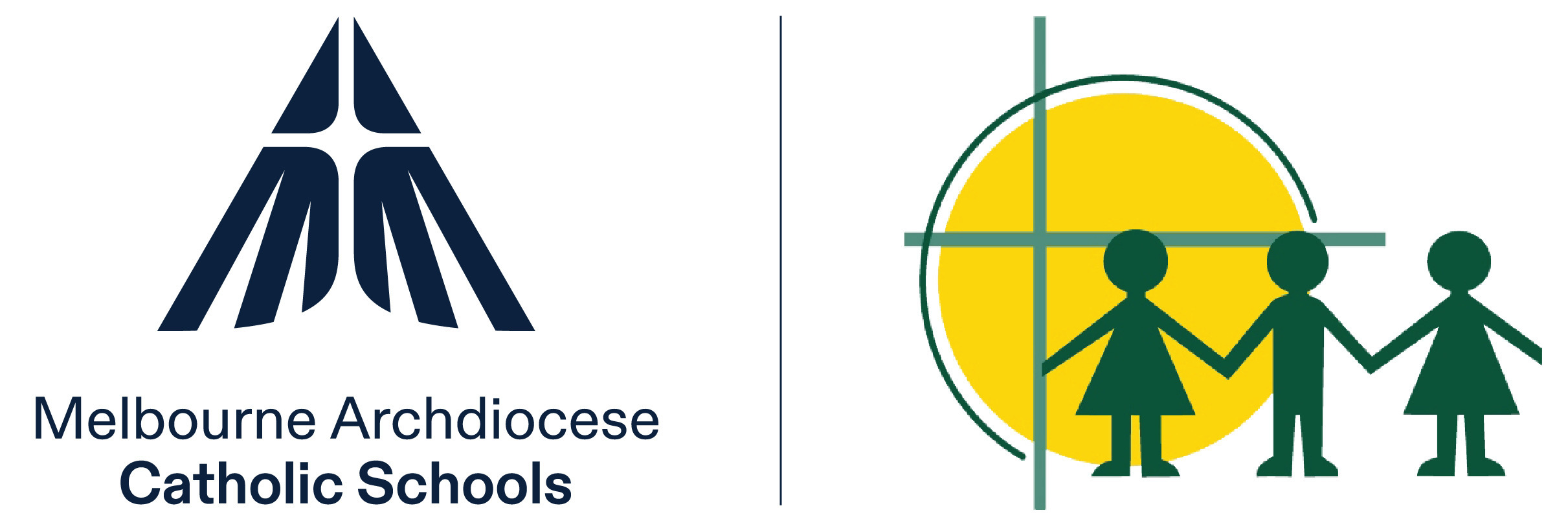Thank you to our amazing teachers for opening up their classrooms and welcoming groups of parents into their daily spelling session (Prep-Year 6).
Prep-Year 2 run a spelling program called UFLI
Structured Literacy has been in place at Holy Family for 1 year now in the junior school.
Use the UFLI program, an evidence and research based program developed by the University of Florida.
We utilise an approach called synthetic systematic phonics, meaning that we synthesise sounds to make the words. The ‘synthetic’ in synthetic phonics does not denote anything that is unnatural, but rather refers to the process of starting with r sounds, as they are the building blocks of oral language and spoken speech.
Students commence the day in their class and then are split into year levels, to receive the grade level scope and sequence content.
After the explicit whole class teaching, the students return to their class to complete the independent activity. During this time, teachers listen to children read or work with children that require further support in spelling.
When teaching explicitly, teachers produce the sound and teach students how it is represented as a letter/symbol.
Our teachers also identify the letter or symbols and discuss the sound/s that it makes.
The UFLI program is built around explicit direct instruction principles with built in review and frequent checking for understanding.
The lessons break the content into small manageable chunks and check for understanding at each point.
The lessons are sequential and cumulative, we build upon previously taught knowledge.
We teach handwriting as part of the lesson, but are also looking into teaching handwriting outside of spelling to reduce the load on working memory.
Years 3-6 run a spelling program called PhOrMeS
PhOrMes was created by a Speech Pathologist and staff at Holy Family received training from the source.
The PhOrMes program moves students beyond using just phonics. It looks at how suffixes and prefixes are attached to bases. How using our understanding of bases helps us with spelling choices and also looking at the history or etymology of a word.
PhOrMes stands for Phonology (study of sounds), Orthography (correct spelling), Morphology (meaningful parts in words), Etymology (history of the word), Semantics (meaning)
Years 3-6 receive whole class instruction for spelling 3-4 times a week, as we are in our first year of implementation with PhOrMes
Next year, we will explore splitting the Year 3 and 4 students as they progress through the scope and sequence.
The explicit instruction PhOrMes lesson:
- Built in Daily Review (reviewing previously taught concepts)
- Learning goal
- New concept which is explicitly taught- teachers models new concept, students have a go with teacher support before spelling on their own
- Frequent checking for understanding (looking for 80% success rate)
- Differentiation occurs through providing further support, multiple exposures to a concept, guidance during roaming, seating position.
Students learn about the meanings of the bases and the parts that affix to the base of affixes.
This skill will allow them to identify the meaning in many words and to tackle spelling longer words that can not just be spelt using letter sound representations.


